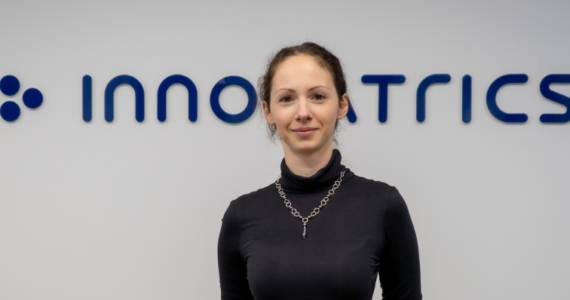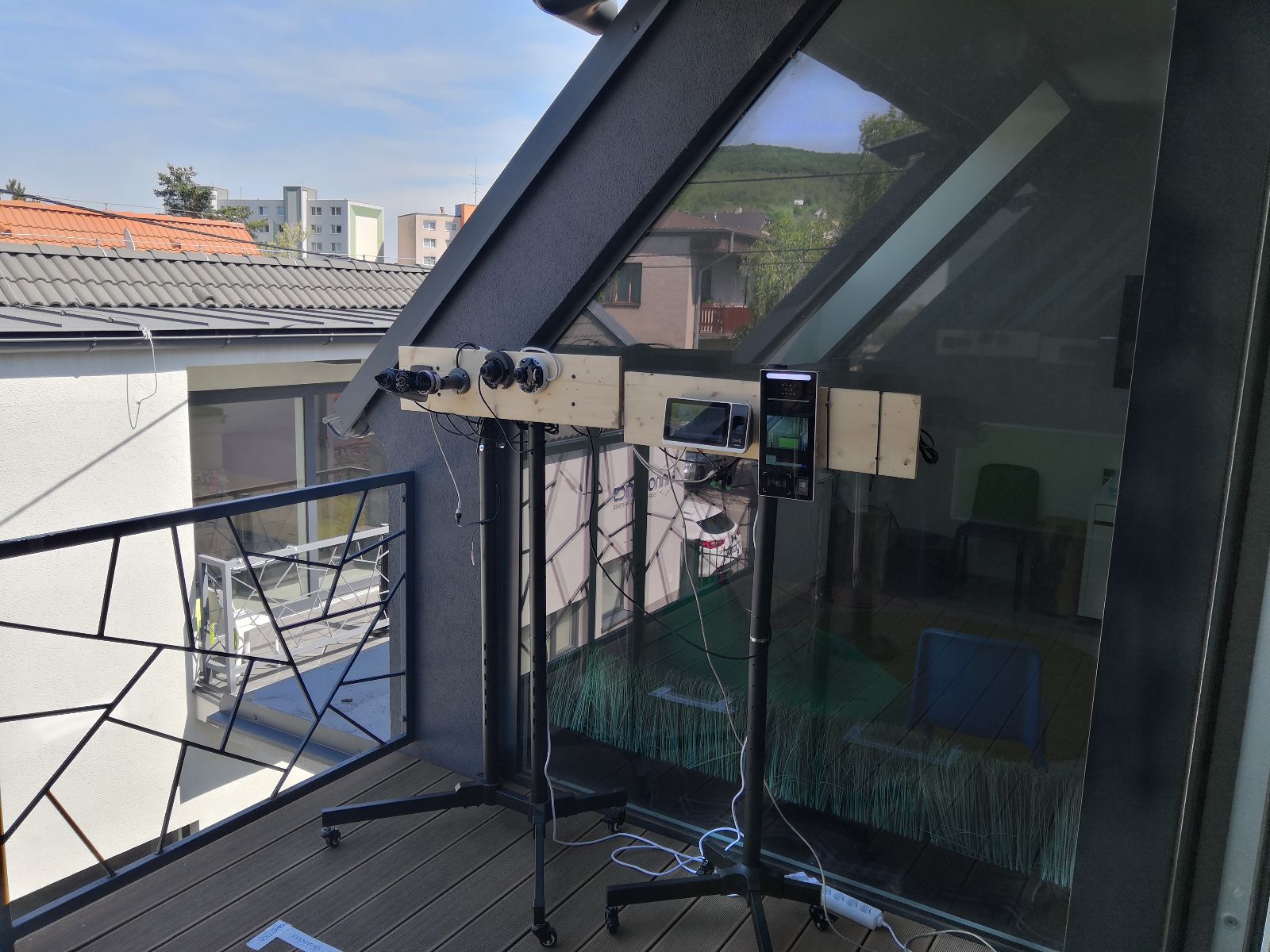
How Our Ukrainian Colleagues Help Us Train Algorithms
Two years ago, we knew we needed people to create datasets to train specialized neural networks. After the war started that forced our Ukrainian neighbors out of their homes, we set up and employed a data collection team.
What’s better than a company’s needs coinciding with employees’ interests?
This happened in our case. “We have long needed to set up a team to create datasets,” explains Daniela Vačková from Innovatrics’ human resources. And for sure, those fleeing the war in Ukraine would need employment in order to support their families.
The work being performed by five Ukrainians – mainly women – does not necessitate any special education or language skills. “They could therefore start almost immediately,” says Daniela. They work with a camera and computer, where they collect data. “These are tasks that can be learned very quickly. And since we’ve had a programmer from Ukraine for several years, we didn’t even have a language barrier when we started our first-day onboarding.”
We Need Lots of Faces
Our new colleagues work for the SmartFace face recognition team in video. “They’re training an algorithm to verify liveliness so that biometric systems can’t be fooled,” describes Michal Világi, who now leads a new data collection team.
We need thousands and thousands of photos for training. Six months ago, our R&D team boss Marián Beszédeš pointed out that we needed to create meaningful datasets to train specialized neural networks. Unfortunately, there weren’t any public datasets we could use. As you can see, we have long felt the need to get data specialists to take care of everything. Marián’s team members had worked on data collection for some time. However, it wasn’t an ideal solution because they also had to focus on their priority tasks.
So what are our new colleagues doing? They have scenarios on how to create various photo types, and then our algorithms are trained on them. They take photos in different lighting, face position, with masks and without. They then process the photos, save in various resolutions, and accurately label them. “Labeling is very important. If it’s not done right or completely, photos can’t be accurately used for machine learning,” explains Michal. That is exactly what enables us to further improve our algorithms.



An Ideal Place to Work is Important
Since all our product teams are very interested in data collection and processing various scenarios, we’ll be expanding our new data collection team. “We’ll probably take on another five hirees who will then work for the DOT (Digital Onboarding Toolkit) team on remote authentication,” says Daniela. We add scenarios and job requirements gradually. They are spread over time for reasons of efficiency, quality assurance, and organizational management, as well as for the planning of both short- and longer-term assistance to Ukrainians.
To make our new colleagues’ work as welcoming as possible, we’ve also set up a play corner for their kids with lots of donated toys at their workspace. It also comes with a kitchenette, lounge, terrace, and snacks. More importantly, they comprise a well-knit and playful team – helping each other and sharing work and childcare.
“Their work is very valuable and important. It’s vital for our company to help our neighbors with employment, facilities, and creating a safe space,” concludes Daniela.
